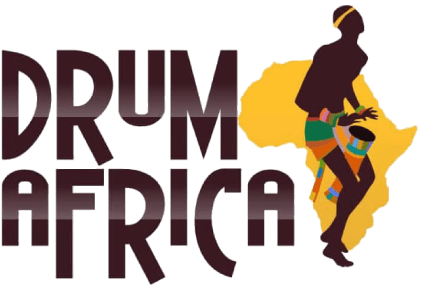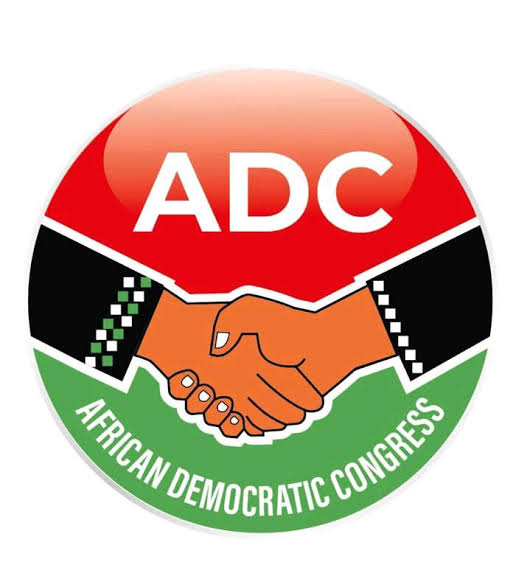A major political storm is brewing within the opposition coalition against the ruling All Progressives Congress (APC), as key stakeholders of the African Democratic Congress (ADC) have denounced Tuesday’s appointment of former Osun State Governor, Mr. Rauf Aregbesola, as the party’s Interim National Secretary.
The aggrieved members of the ADC adopted by the coalition, described the process that produced the former minister of interior as an imposition devoid of legitimacy and purely undemocratic.
In a hard-hitting press statement issued Wednesday in Abuja, under the banner of ‘Concerned Stakeholders of the ADC,’ the party’s youth and women leaders, ward coordinators and state executives categorically rejected Aregbesola’s appointment.
The statement, signed by Dr. Musa Isa Matara, National Publicity Secretary of what he termed the ‘Original ADC,’ accused a faction within the party of attempting to hijack its structures for personal and elite political gain.
At the heart of the protest is the claim that Aregbesola’s emergence as interim secretary was not sanctioned by any legally recognized organ of the party.
“Who appointed Aregbesola? Which organ of the ADC ratified this appointment? Was the National Executive Committee (NEC) involved? Were state chairmen, youth leaders, and elected national officers consulted?” the statement queried.
According to the stakeholders, the answer to all the questions is a resounding no. Consequently, they asserted that the appointment is “null and void”.
The statement also dismissed Aregbesola’s declaration that the ADC had become the “platform of the National Opposition Coalition Group” as misleading and deceptive.
It warned that any opposition merger built without grassroots consultation would be tantamount to trampling on democratic ethics and undermining party sovereignty.
The statement read in part: “Our millions of members have not been informed or carried along in this so-called coalition.
“If anyone is attempting to force an opposition merger without grassroots consent, they are trampling on democratic ethics and party sovereignty.”
Further complicating matters, the ADC stakeholders revealed that the party is still grappling with unresolved legal disputes dating back to the 2023 general election.
They argued that it is reckless for anyone to attempt a coalition under such unstable legal conditions, warning that any such move could jeopardize the long-term viability of the party.
“These matters remain in court and unresolved. Any coalition attempt built on such shaky legal ground is irresponsible and potentially self-destructive,” the statement warned.
The party stakeholders issued a cautionary note to politicians attempting to join the ADC through what they described as “an imposed arrangement,” stating that the ADC “is not for sale”.
They accused a small clique of political actors of trying to use the platform to negotiate personal relevance at the expense of the party’s founding values.
“Be mindful that some few individuals are attempting to sell out the soul of our party for personal gain. The ADC belongs to its members, not political merchants or elite dealmakers,” they declared.
The statement further noted that while Aregbesola’s speech was laced with progressive rhetoric, advocating internal democracy, inclusiveness and youth participation, the process through which he was appointed stood in stark contrast to those principles.
“Democracy cannot begin with imposition. The ADC must not become another replica of the broken parties we seek to replace,” the statement charged, adding that: “Party supremacy does not mean silence.”
It emphasized that true party supremacy can only emerge through consultation, consensus and inclusive governance—not executive fiat or elite endorsement.
Highlighting the exclusion of vital constituencies within the party, the statement also questioned why ADC’s youth and women wings were not involved in what is being called a major structural change.
“For a speech that claims to care about youth inclusion, where was the youth wing of the ADC in all this? Were youth leaders, women leaders, or even ward structures consulted?” the group asked.
The statement concluded with a rallying call to all ADC members nationwide to resist what it called an attempted takeover.
While making it clear that they were not against opposition coalitions or party reforms, the stakeholders insisted that any such moves must be driven by transparent, constitutional and member-driven processes.
“We call on all genuine stakeholders of the ADC across states, zones and demographic groups to reject this attempted takeover of our party.
“Until a legitimate, constitutionally-backed ADC National Convention or NEC confirms leadership changes, no one has the moral or legal right to speak for our party nationally,” the stakeholders affirmed.
The development throws a wrench into what was being touted as a grand realignment of opposition forces ahead of the 2027 general election.
Aregbesola, a former governor, minister and prominent member of the APC until recently, had been seen as a major figure in efforts to build a new opposition front.
However, with this strong resistance from within the ADC, any coalition-building involving the party may now have to go back to the drawing board.
The party’s internal conflict is likely to raise questions about the viability of a broader opposition merger if basic issues of internal democracy remain unresolved.
As the political chessboard heats up ahead of 2027, the ADC crisis is a clear reminder that credibility begins at home and for any opposition movement to gain traction, it must first gain legitimacy from within.

